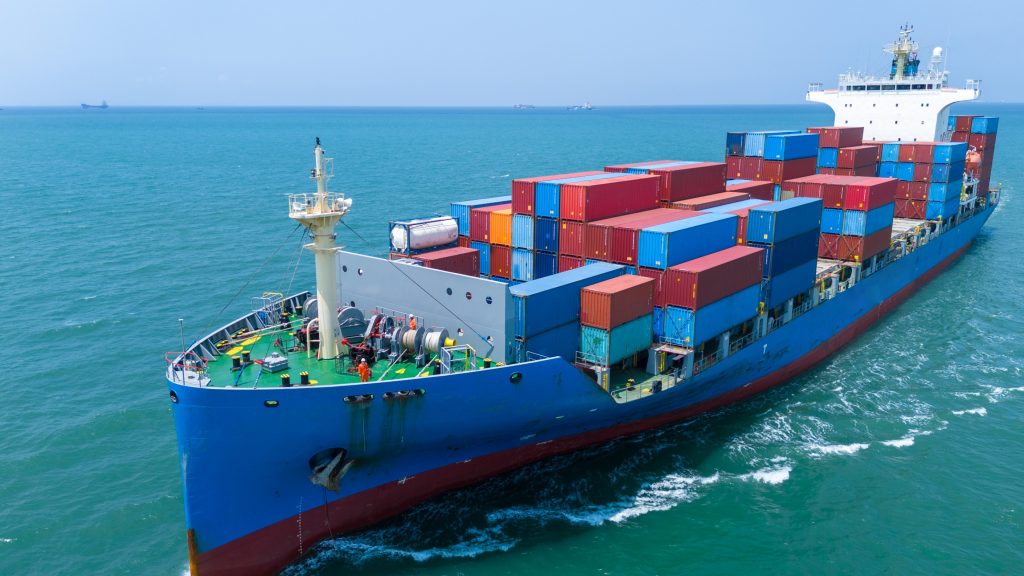Top Factors That Impacts Transportation Management

Transportation management is a critical component for many importing/ exporting businesses.
If planned carefully and properly, an effective transportation plan can be a potential area of significant savings. And with that, many are constantly trying to figure out the most cost-effective and efficient way to get their goods from one point to another.
That said, companies often consider multiple factors to achieve optimum cost in transportation. However, there are factors that can have the biggest impact on a company’s transportation management. These are:
1. Organization’s ability to negotiate for better rates from transportation carriers
2. Load Optimization
3. Proper selection of right carrier for each type of freights
Procurement of Carrier Contract
One of the most daunting and time-consuming processes in shipping is managing the carrier bidding process. With tons of data to examine, companies must be able to identify which carrier offers the best service based on what is presented on their freight bill and internal systems. After that, they must also identify the trends and make forecasts for future business levels in various regions. The process is too complex and onerous that many companies do not execute this often, or just simply rely on spot rates.
After the bids are received, companies must compare them all and analyze which of them offers the most valuable on the table. However, with multiple bids at hand, it can be difficult for carriers to offer competitive price and discounts to the company. And when they offer special rates, companies must also weigh its advantages against other bids, which can take weeks or even months before a final decision can be made.
To address this issue, companies are now seeking the help of bid management tools. These tools are often embedded in their internal Transportation Management Software (TMS) system. The latest versions of this system have a web-based interface to make it easier for carriers to request and submit bids to companies. Many TMS providers also offer their solution “on-demand” format, allowing companies to have access to a rich database of freight rates. Some providers also offer “community benchmarking” services to help identify situations where carriers may have bid on some lanes.
Another way to expedite the complex bidding process is through the help of Online Procurement software. These are management tools often packaged in a web-based interface that allows carriers to submit conditional statements that related to specific conditions under which they can offer special discounts. These tools can analyze multiple bids at the same time. These helps both the carriers and the company to execute the whole bidding process more efficiently and effectively.
Load Optimization

Load optimization is another process which is almost impossible to execute until when shipment volume is low enough for a shipping analyst to review each load on a case-to-case basis. For many companies, the complex analytical engine is important to manage high-volume shipments to maximize the space and achieve cost-efficiency.
Here are the four types of load optimization that most companies usually struggle with.
• Mode Optimization- While many companies often base their decisions on physical weights of multi-piece shipments to determine when their goods get shipped via a parcel, LTL, or truckload carrier, there are many instances where a sub-optimal gets selected.
• Consolidation Optimization- As shipment volume increases, it can become more difficult to identify and combine multiple loads that are scheduled to be shipped to the same location on the same day. This gets more challenging when shipments scheduled to be scheduled the next day are low in volume.
• Pool-point Optimization- Companies with multiple suppliers in distant locations often pool inbound shipments in a remote location before it is transported to its destination.
• Multi-stop Truckload Optimization- This form of optimization involves a single truck that can leave a distribution center full, and make multiple deliveries. Thought this is cost-effective, it can be difficult to create.
Carrier Selection and Load Tendering
One of the factors that can affect the transportation management is selecting the best carrier for each shipment you have and tending the load to that carrier. But without the ability to rate-shop against multiple carriers, and to manage tiered tendering system, it can be very challenging for companies to select a carrier that can deliver the freight properly and in a timely manner.
Without the right tools to easily rate loads against electronic contracts, the transportation department will spend so much time calling carriers, getting quotes, and then calling back the selected carrier to tender the load- a process which can suck out all the time and focus of the team on improving efficiency.
This issue can be addressed by working with a freight forwarding agency that can help you handle your whole logistics operations more effectively and efficiently. With their large network of carriers, they can help you find the right carrier that is best suited to your business needs and budget and allows you to transport to its destination without the hassles of handling the whole operations in-house.
Some of the services offered by freight forwarders are:
• Inland Transportation Tracking
• Shipping and Export Documents Preparation
• Warehousing
• Booking Cargo Space
• Freight Consolidation
• Cargo Insurance/ Filing Insurance Claims
With the help of an efficient freight forwarding company, your freights will be transported to its destination at a much lower cost, allowing you to save significant amount of money which can be used to further enhance your logistics operations.
Contact Excelsior Worldwide Freight Logistics Corp. now and let us help you in your journey in the international trade this 2017 and beyond. Call us at (+632) 525-9775 or email us at wecare@excelsior.ph.
